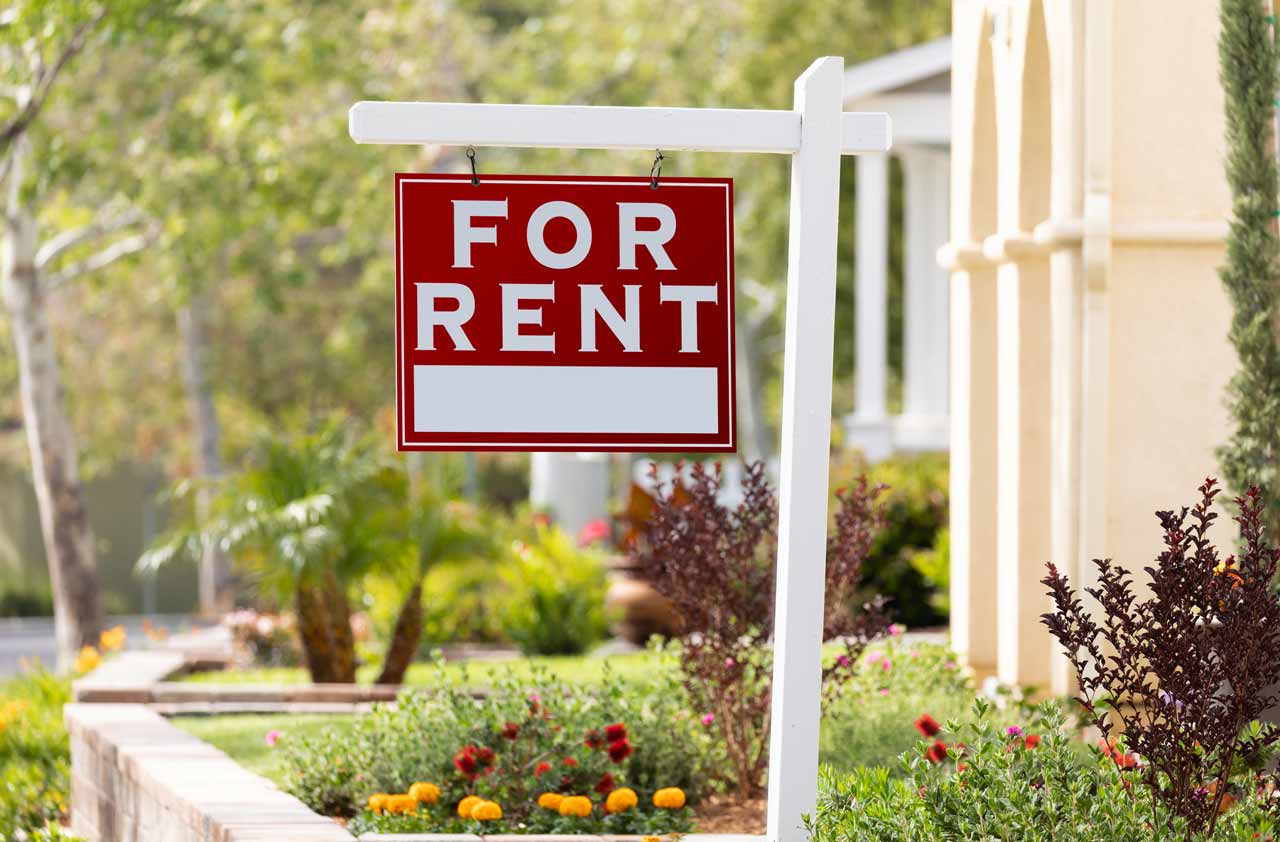
During the pandemic, many home buyers — as well as homeowners who refinanced their loans — attained exceptionally low mortgage rates. As of the third quarter of 2023, an estimated 60% of homeowners reported that they had a mortgage rate below 4%, and more than 20% had a rate under 3%, according to a Redfin analysis of data from the Federal Housing Finance Agency.
If you’re a homeowner with a rock-bottom mortgage rate and you’re looking to move, now could be a good time to purchase a new home and turn your current home into a rental property. Or, if you’d rather stay put, you could take some of the equity you’ve built up in your home and buy an investment property. Although rents decreased slightly in 2023, the national median rent is still almost $250 per month higher than it was three years ago, hitting $1,379 last December, according to Apartment List.
Being a good landlord is one of the key ingredients to generating a positive cash flow from an investment property. But becoming a landlord involves navigating unfamiliar tasks, such as vetting tenants, creating lease agreements and making home repairs — and a poorly managed property can make a rental a poor investment. Here are tips for first-time landlords.
Check your community's rules for rentals
If your property is part of a homeowners or condo association, the association likely has rules governing rentals. Some ban homeowners from renting properties altogether, while others limit the percentage of units that can be rented out.
There could also be restrictions for lease terms — some require a minimum one- year lease agreement — as well as tenant registration requirements, deposits and move-in fees. Take a close look at your association’s covenants, conditions and restrictions (CC&Rs), which will spell out the rules governing rentals in your community.
Review your local landlord-tenant laws
State law often governs certain aspects of the landlord-tenant relationship, from how much a landlord can charge for rent and security deposits to a landlord’s access to the property and the eviction process. Nolo offers guides to landlord-tenant law in each state.
Says MacKenzie Wilson, a landlord since 2016 and host of the rental industry podcast For Rent: “Read the legislation that applies to you, or let your tenants teach you through expensive, and not to mention stressful, firsthand experience.”
Your city or county may have additional landlord-tenant laws, says Corina Eufinger, a real estate investor in Wisconsin. It’s also important to get familiar with Fair Housing laws with regard to federally protected classes and additional protected classes in your state, says Alexandra Alvarado, director of marketing and education at the American Apartment Owners Association, a trade group that offers landlords free resources, including a national directory of real estate attorneys and eviction specialists.
Vet tenants thoroughly

“Screening tenants is your best line of defense against any number of financial catastrophes, whether it be rent that doesn’t get paid or a renter damaging your property,” Eufinger says.
Take the time to conduct a thorough background check by pulling an applicant’s credit score, criminal history and eviction history. You can do this using a tenant screening service such as MyRental, RentPrep, RentSpree or SmartMove. Fees for these services typically run between $25 and $40 per applicant, depending on what kind of information is collected.
Many landlords charge prospective tenants an application fee to cover these costs. In addition, Alvarado recommends contacting an applicant’s previous landlord to find out how their relationship was with the tenant.
Craft an iron-clad lease agreement
There are free state-specific residential lease templates available on websites such as Avail, eForms, and Legal Templates, but a real estate lawyer can help you create a lease agreement that protects your interests and limits your liability.
“The key is for there to be no loopholes or wording that might allow for interpretation, because that could result in a court siding in favor of your tenant should something go south,” says Ben Michael, an attorney at Michael & Associates in Austin, Texas.
Get landlord property insurance
Most home insurance policies won’t cover damage or theft for rental properties, says Pat Howard, a property and casualty insurance expert at Policygenius, an insurance marketplace. Switching to a landlord property insurance policy can help you cover losses in certain events.
Make sure to get a policy with rental income protection (also known as fair rental value coverage), a type of coverage that replaces lost rent if the property is temporarily uninhabitable due to a covered event, such as a fire.
Have good help on speed dial
Unless you plan on being your own repairman, you’ll want to have a roster of reliable tradespeople you can call on to address surprise home issues, such as a leaky faucet, a malfunctioning refrigerator or a clogged garbage disposal. This list of professionals should include a general handyman, an electrician, a plumber and an HVAC technician.
Set the right rent price

What you charge for rent can have a direct impact on your property’s vacancy rate. If you set your rent price too high, you might have trouble attracting tenants. But set your asking price too low and you could sell yourself short, says Alvarado.
To determine how much a typical renter in your area is able and willing to pay for your type of property, look at local market data using a website such as Rentometer, RentCafe, RentRange or Zumper. If there’s a lot of competition in your area, pricing your rent slightly below market value can make your listing stand out.
Maximize the tax breaks
Rental property owners are typically eligible for a variety of tax write-offs, such as deductions for mortgage interest, property taxes, depreciation and repairs. The IRS website’s Real Estate Tax Center provides answers to frequently asked questions about tax deductions for rental units.
Given the complexity that can come with navigating these tax breaks, consider hiring a certified public account or other credentialed professional to help prepare your tax return.
Consider hiring a property manager
If you don’t have the time or patience to manage your rental property, you may want to hire a property manager. It’ll cost you — typically, property managers charge 8% to 10% of the monthly rent, according to RentSpree, while others charge a flat monthly fee — but they will handle the ins and outs of managing your rental, such as screening tenants, dealing with maintenance requests, collecting rent, and executing lease renewals and terminations.







